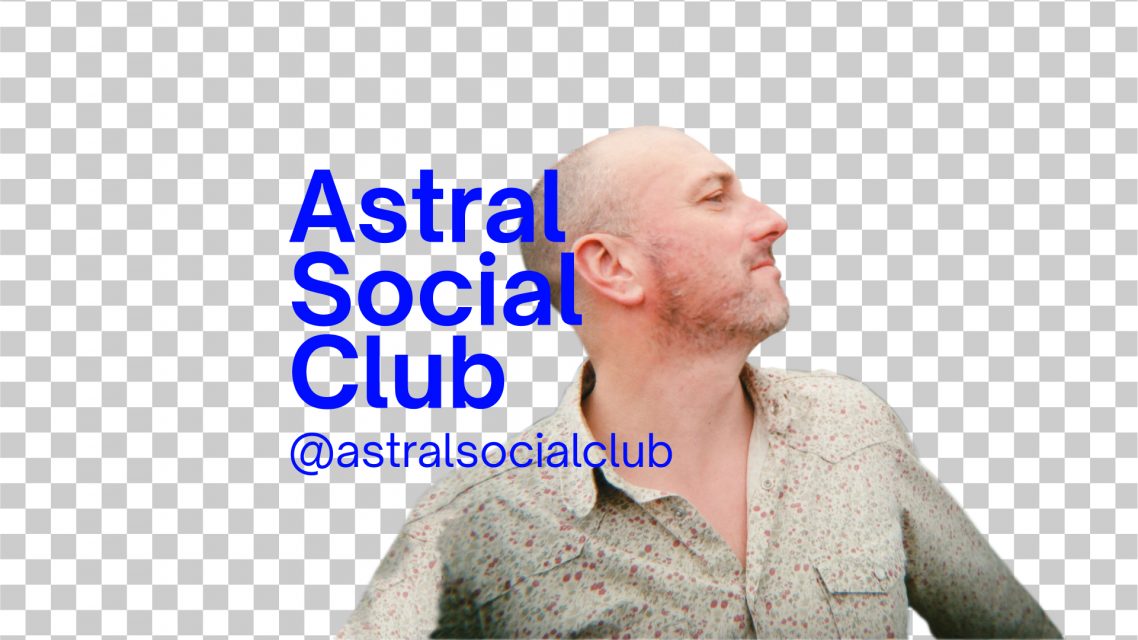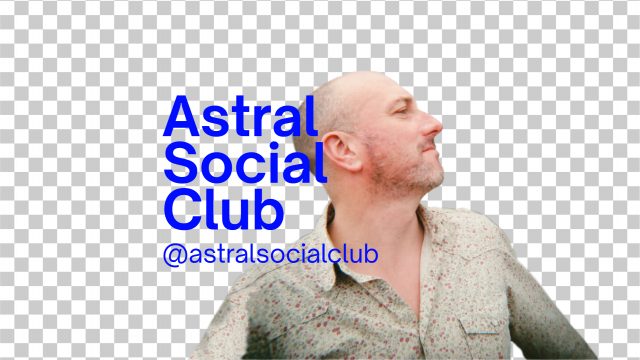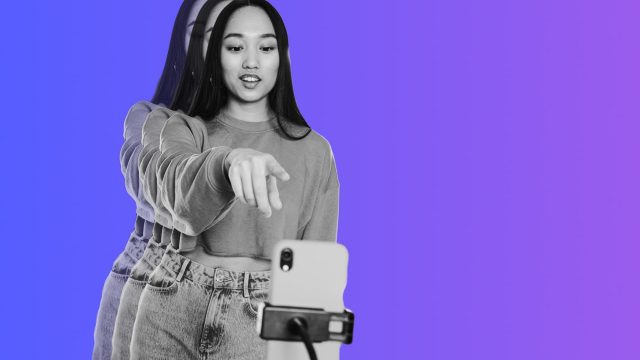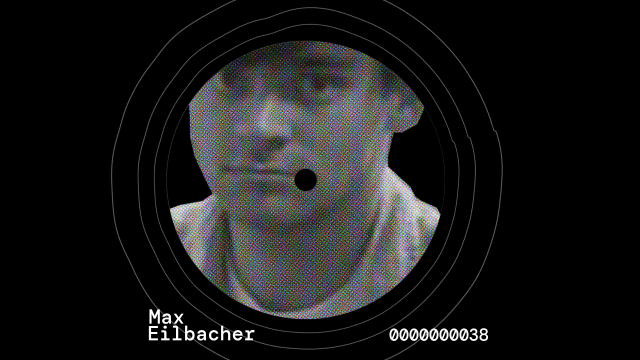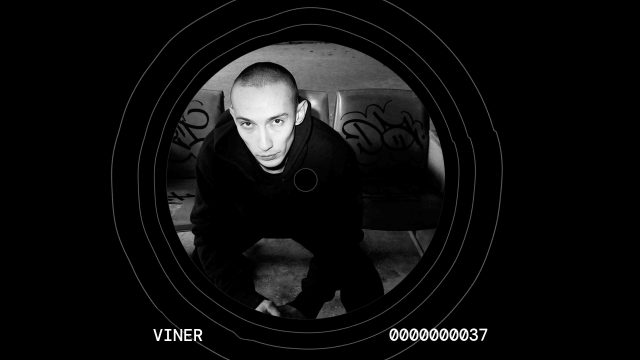For a better listening experience, check out the Mubert app
Astral Social Club is the multiversal electronic pop music project of Neil Campbell, whose long musical history stretches right back to the early 1980s. He is also a member of longstanding UK underground improvisors Vibracathedral Orchestra and involved in many ad hoc sonic combinations – in recent years has collaborated with the likes of Richard Youngs, Stuart Chalmers, Oren Ambarchi, Helena Celle and Grumbling Fur. Campbell’s approach to music is forever restless, inquisitive, ready to embrace new methods and formations.
What did you like about the process of making music with AI? What parts were interesting?
I’ve always enjoyed collaborating with other people, often on an ad hoc one-off file/sound-sharing basis, so I approached this a little like that. I had to keep myself a bit more disciplined than I usually do, keeping to a regular bpm and key, but I like to work within restrictions, so once I got used to it I really started to swim in the whole thing.
I really enjoyed the idea that I’d be creating these snippets of sound and, as soon as I’d worked out that they all worked with each other, my work was done and it was in the hands of the AI now.
But, the most interesting part of any collaboration is always the outcome, and I was totally fascinated to hear the AI work my weird loops out. What I’m always most interested in collaborations is when the collaborator does things I’d never do and Mubert really delivered on all that. I stayed up late when I first listened back to the results – just couldn’t tear myself away, wondering what would happen next. Loved it!
How has the process of creating music together with AI sparked your creativity? How different was this process compared to the way you usually write music?
The main difference was having to completely bow to rigid modern bpm discipline really. I’m pretty wild and free and often run 2 or 3 or more tempos concurrently in my recordings, which I obviously couldn’t do, but as I went on I started to find ways that I might achieve a similar sense of multiplicity. That said, I really think I’m just scratching the surface of what I might be able to do with Mubert, so I’m full of ideas for future streams. I don’t have too much of a “usual” way of making music, so I’m really happy to take things on their own terms and work within any parameters.
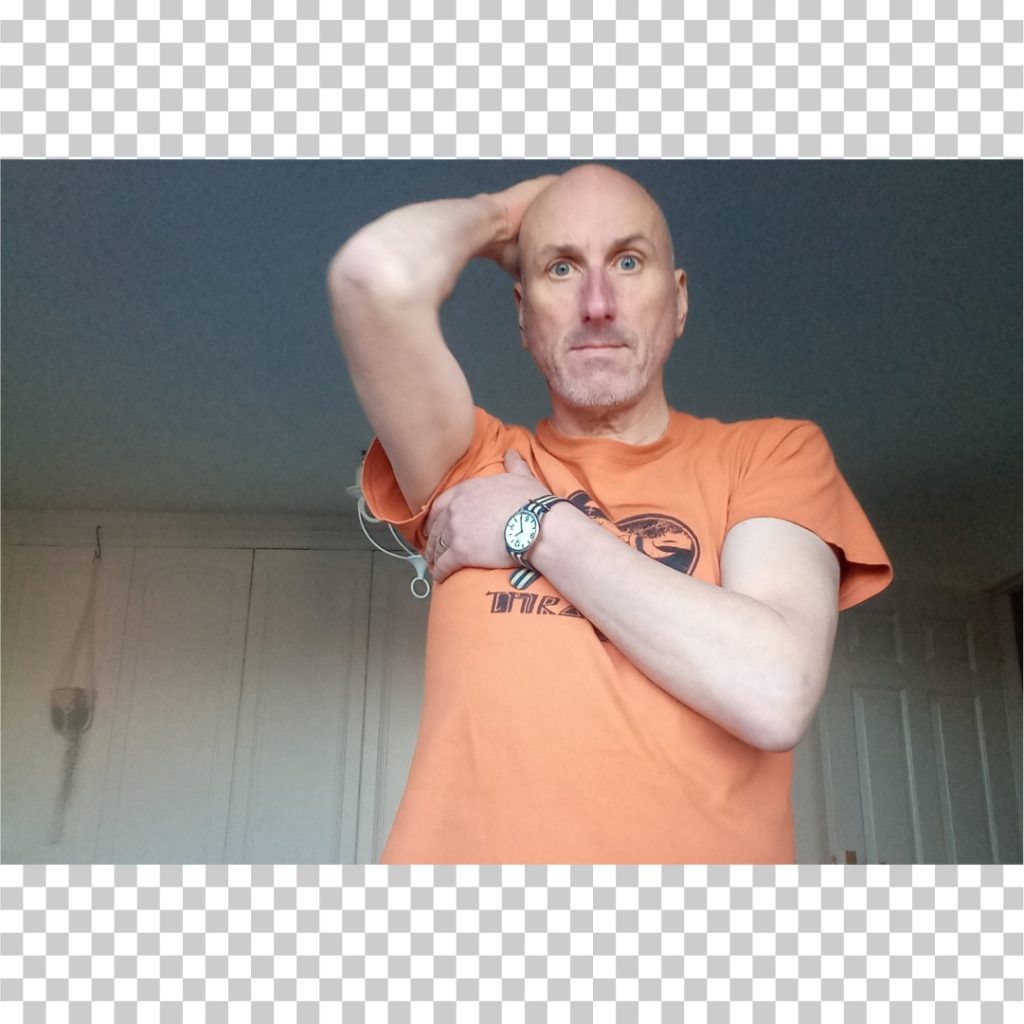
Will your general music writing process change going forward (given your experience working with Mubert AI)? Has this experience given you more room for experimentation?
I don’t have too much of a general or usual way of making music, so I’m really happy to take things on their own terms and work within any parameters. There’s already a large amount of experimentation in what I do – trying out new set-ups, approaches, self-imposed limitations, etc – but I’m going to see if I can make use of what I’ve learned doing this for some future music. I’m really enjoying the ease I’ve got now with slicing and dicing loops to exact bpm, so perhaps I’ll see if I can expand my beginner’s use of Ableton.
What is your overall opinion on the audience changing your compositions?
My feeling for a long time has been that as listeners we “change” the music just by hearing it and having it fire through our neurons. The brain is the original remixer. I’m forever looping phrases in my head, repurposing tunes into other styles, tempos, recording methods, etc. I can replay entire albums in my head, repurposing/misremembering, forever making them new. In many ways, AI and the current state of technology seems like a less flexible take on this, an analogue of the internal human imaginative process. And it all makes me want to go and reread Jeff Noon’s Needle in the Groove!
In a sense, AI acts as a curator, compiling and mixing different samples together based on its own judgment, which makes it a collaboration without the direct involvement of the creators of those tracks. Given this, how do you think musicians will collaborate online in the future? In what ways can AI contribute to these collaborations?
The possibility of using Mubert as a tool to collaborate with other artists was something that gradually dawned on me as I worked more on my stream. Kinda blew my mind and it’s something I’d really like to explore. I’ve always done a fair amount of remote collaboration with other artists, really enjoying the surprises it throws up, and this seems to be throwing an extra really interesting wildcard into the mix. For me at the moment it’s another tool, another set of possibilities. I’m pretty sure I haven’t really worked out yet how useful or paradigm-shifting it is for me.
Artist Interviews ArtistsAI Music Company
Mubert is a platform powered by music producers that helps creators and brands generate unlimited royalty-free music with the help of AI. Our mission is to empower and protect the creators. Our purpose is to democratize the Creator Economy.
Generate Track API for Developers
